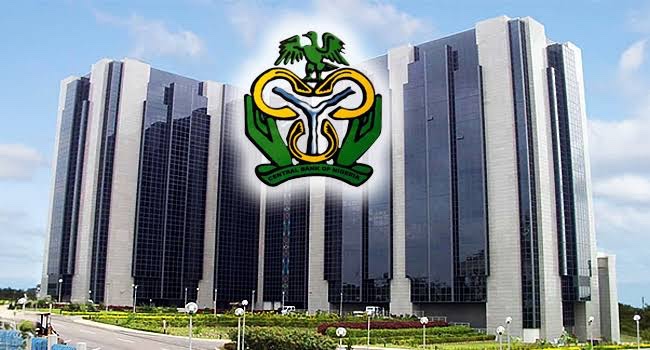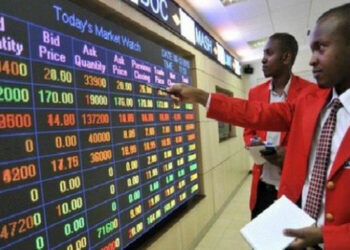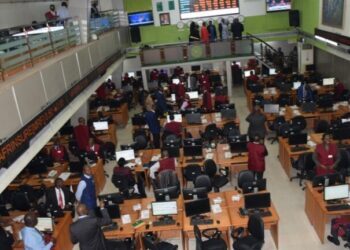The Central Bank of Nigeria (CBN) on Friday advised bank customers to report any difficulties withdrawing cash from bank branches or ATMs to the apex bank from December 1.
CBN Governor, Olayemi Cardoso, said this during the 2024 annual bankers dinner in Lagos organised by the Chattered Institute of Bankers of Nigeria (CIBN)
He urged customers to make reports through designated phone numbers and email addresses for their respective states.
Cardoso, who was coffered fellowship of the CIBN, said the guidelines would be distributed widely to raise public awareness.
He called for full regulatory compliance by all stakeholders, including Mobile Money Operators and PoS Agents, to promote digital transaction channels and improve service delivery.
“We also recognize the ongoing challenges with cash availability at ATMs, which disproportionately affect ordinary Nigerians.
“To address this, we are conducting spot checks across Deposit Money Banks (DMBs) and will impose penalties on underperforming institutions.
“Effective December 1, 2024, customers are encouraged to report any difficulties withdrawing cash from bank branches or ATMs directly to the CBN through designated phone numbers and email addresses for their respective states.
“I repeat, financial institutions found engaging in malpractices or deliberate sabotage will face stringent penalties,” he said.
According to him, the CBN will continue to maintain a robust cash buffer to meet the country’s needs, particularly during high-demand periods such as the festive season and year-end.
The CBN governor said the focus was to ensure seamless cash flow for Nigerians while fostering trust and stability in the financial system.
He explained the Payment System Vision initiative for 2025 to further enhance confidence in the nation’s payment system.
He assured that payment gateways in settling financial transactions will become better in 2025 as delays will be addressed.
Cardoso said that trust was fundamental to fostering digital transactions, and CBN must take every necessary step to preserve that trust in payment systems.
He said delays often disproportionately affect vulnerable segments of the population, adding that CBN would apply penalties on non-compliant institutions to safeguard consumer trust and ensure swift redress mechanisms.
He said in 2025, CBN would prioritize initiatives including implementing open banking framework, advancing contactless payment systems, and expanding its regulatory sandbox.
“Additionally, we will issue revised guidelines for agency banking and continue to strengthen electronic payment channels”.
He also disclosed that Nigeria would exit the grey list on the Financial Action Task Force (FATF) by Q2 of 2025 while reeling out enforcement plans against money laundering, cybercrime, fraud, corruption, among others.
Prof. Pius Deji Olanrewaju, President/Chairman of the Chartered Institute of Bankers of Nigeria (CIBN), said that 2024 had been an eventful year for the banking industry and the economy.
He said various policies and regulations of the apex bank and the federal government had begun to yield fruit.
“For example, the Nigerian economy continues to be more resilient and agile as shown in the steady growth from 2.98 per cent in Q1 to 3.19 per cent in Q2 and now 3.46 per cent in Q3 of 2024.
“Likewise, the Nigerian banking industry has also shown resilience this year despite the macroeconomic pressures such as rising inflation, and exchange rate fluctuations, amongst others.
“The bank recapitalization exercise also attests to the fact that we are well on our way towards not only strengthening the financial sector but also supporting a $1 trillion economy envisaged by 2030,” he said.
Also, Dr Ibrahim Stevens, Governor of the Central Bank in Sierra Leone praised efforts of the CIBN and Nigeria’s apex bank yielding positive fruits in Africa and globally.
He called for collaboration towards building a sound financial eco system. (NAN)











